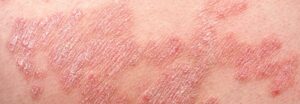Observed every August, Psoriasis Awareness Month is a dedicated period for spreading knowledge about psoriasis – a persistent skin disorder affecting millions globally. The campaign is centred around dispelling misconceptions about psoriasis, promoting early diagnosis and advocating for effective treatment strategies. For persons living with psoriasis, the month is a beacon of unity and assistance. For wellness advocates, it’s a chance to broaden their understanding of the disease and discover ways to support individuals who might be affected.
Demystifying Psoriasis
Psoriasis is an autoimmune disorder that accelerates the growth cycle of skin cells, often resulting in thick, red, scaly patches that can manifest anywhere on the body. But, understanding psoriasis is more complicated than simply recognising these outward signs. The disorder arises due to a mix of inherited and environmental factors, with stress, infections and specific drugs potentially triggering or worsening psoriasis.
Many people have a single question – “What is psoriasis?” It’s a complex issue. Psoriasis is not a mere skin condition; it’s a systemic disorder that affects various body parts, including the joints in certain cases. Symptoms can vary from minor to severe and can significantly affect a person’s overall well-being.
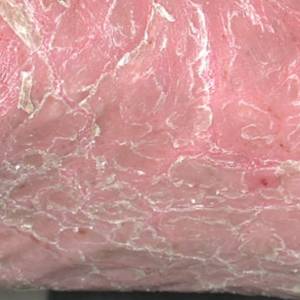
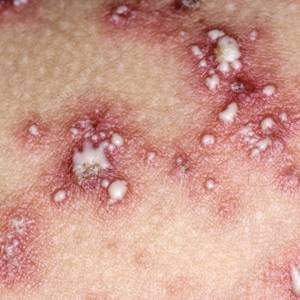
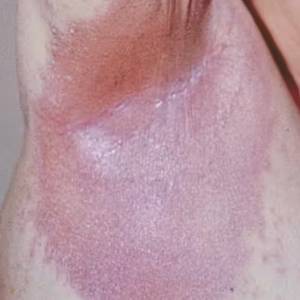
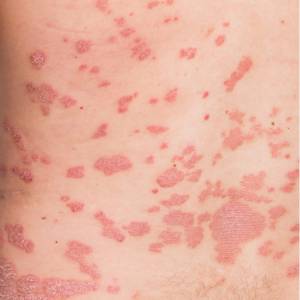
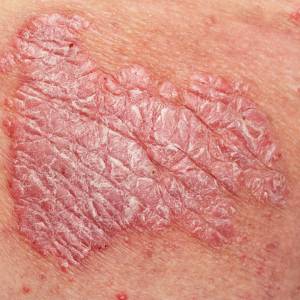
Psoriasis Variation
Plaque Psoriasis
The most prevalent form of the condition, plaque psoriasis, manifests as raised, red patches clothed in a silvery-white accumulation of dead skin cells. These areas often cause itching and can sometimes be painful.
Eruptive Psoriasis
Scalp Psoriasis
Nail Psoriasis
Psoriasis on the Face
Mild Psoriasis
Areas of the Body Affected by Psoriasis
Facial Psoriasis
Facial psoriasis can impact self-confidence and create social anxiety. Treatment options include topical steroids and moisturisers specifically designed for sensitive facial skin.
Scalp Psoriasis
Nail Psoriasis
Genital Psoriasis
Impact of Psoriasis on Everyday Life
Therapies Available for Psoriasis
Topical Treatments
Topical treatments, such as creams and ointments applied directly to the skin, are often the primary form of treatment. These include corticosteroids, vitamin D analogues and topical retinoids.
Phototherapy
Phototherapy, which exposes the skin to ultraviolet light under medical guidance, can decelerate the swift growth of skin cells.
Systemic Medications
Evolving Treatments
Techniques for Coping and Lifestyle Modifications
Stress Management
Nutrition and Diet
Skincare Regimen
Significance of Prompt Detection and Management
Psoriasis Therapy at Stratum Dermatology Clinics
Psoriasis Awareness Month is not just a period for education on a persistent skin disorder; it’s an occasion to back those affected and contribute to ongoing research. By understanding what psoriasis is, identifying its symptoms and investigating available treatments, we can make informed decisions about our health. If you or someone you know is dealing with psoriasis, seek medical advice and explore treatment options. Schedule an appointment at Stratum Clinics in Oxford, Cheltenham or Wimbledon for personalised care and expert guidance.

